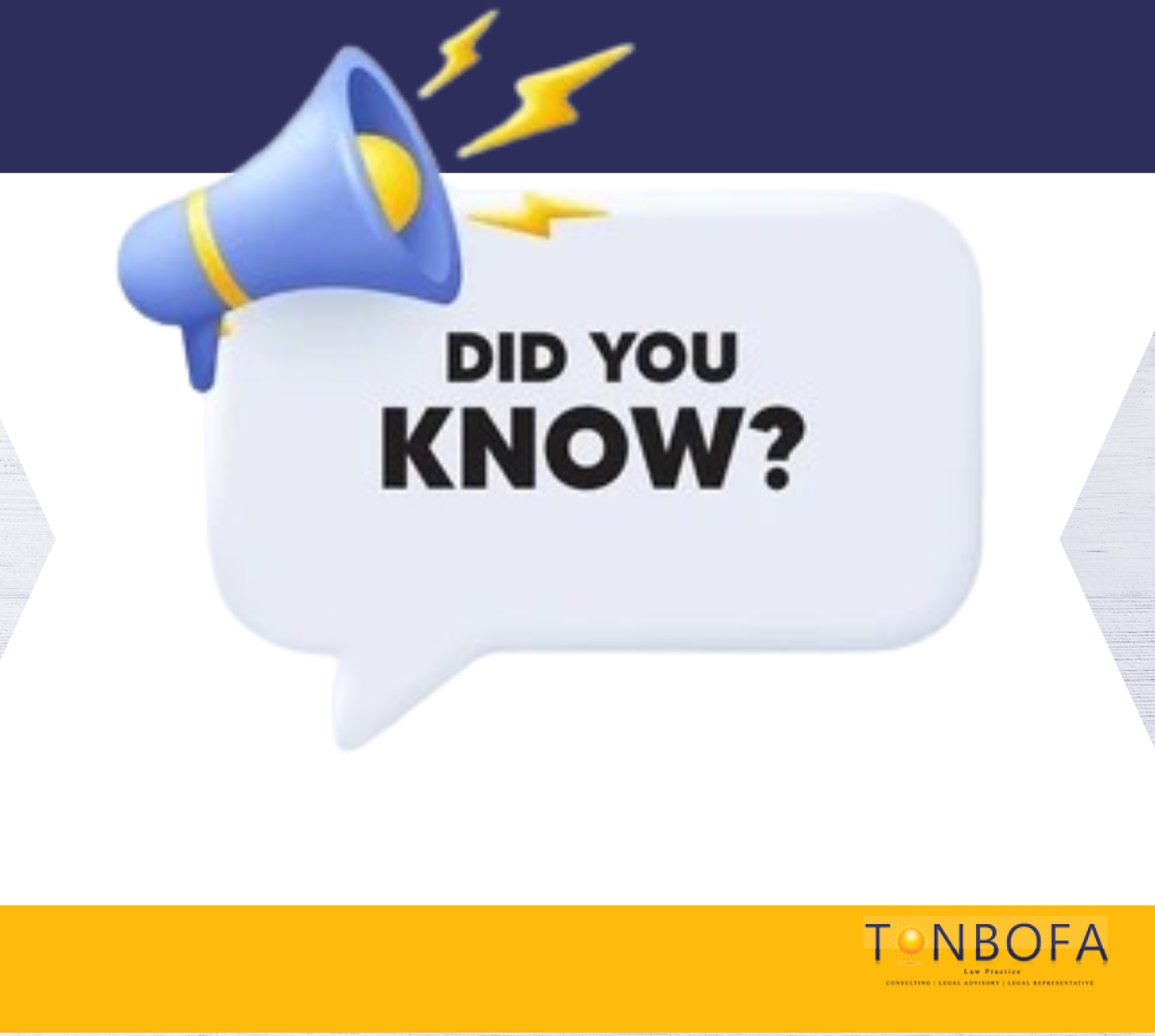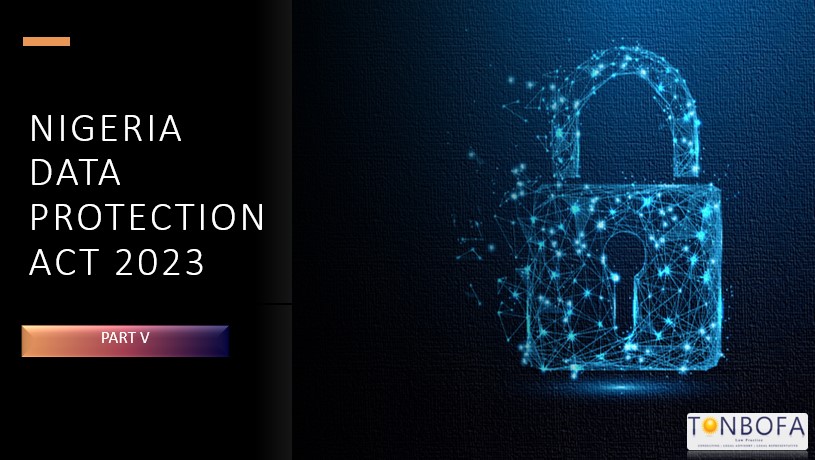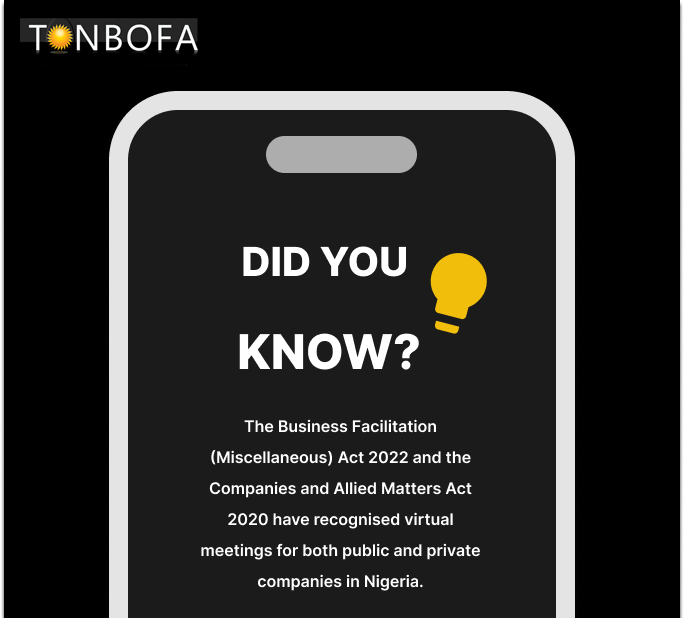by Tonbofa LP
Share
by Tonbofa LP
Share

Introduction
Further to the authority given under Section 76 of the EPSR (Electric Power Sector Reform) Act 2005, the Nigerian Electricity Regulatory Commission (NERC or the Commission) established a policy for determining electricity tariff in the Nigerian Electricity Supply Industry (NESI) and subsequently issued a Tariff Order called the Multi-Year Tariff Order (MYTO) that sets out tariffs for the generation, transmission and distribution of electricity in Nigeria.
The purpose of MYTO is to set cost-reflective tariffs thereby ensuring that prices charged by licensees are fair to customers and are sufficient to allow licensees that operate efficiently to recover a full cost of their activities, including a reasonable return on the capital invested in the business. It provides a 15-year tariff path for the NESI with limited minor reviews each year in the light of changes in a limited number of parameters (such as inflation, interest rates, exchange rates and generation capacity) and major reviews every 5 years, when all of the inputs are reviewed with stakeholders.
MYTO History
The First MYTO model introduced in 2008 (MYTO 1) was stated to be applied from 2008 to 2012. Subsequently, following a major review of the methodology in June 2012, MTYO 2.0 was issued and it was to remain effective from 2012 to 2017. Following a minor review in December 2015, NERC issued a new MYTO called the MYTO 2.1 that was to take effect from January 2015 to 2018. In 2015, NERC revised and amended the MYTO 2.1 by removing the collection loss component of the electricity resulting in the MYTO 2.1 (amended). The uproar created by the removal of the collection loss factor resulted in NERC issuing a MYTO to reinstate the collection loss thereby translating to MYTO 2015 which was meant to cover the period from 2015-2024.
Earlier this year, and as a precursor to the issuance of MYTO 2020, NERC received applications from the successor electricity distribution companies in the NESI, seeking an extraordinary tariff review (ETR) under the Regulations on Procedure for Electricity Tariff Reviews in the NESI, 2014.
It is worth noting that the MYTO 2020 was foreshadowed by two (2) key NERC publications. They are;
- The Order on the Transition to Cost Reflective Tariffs in the Nigerian Electricity Supply Industry dated 31 March 2020 (the Transitional Tariff Order).
- The NERC Press Release on Protecting Customers, of 26 August 2020 which was issued two (2) days before the MYTO 2020, and reassures the general public that DisCos will only be able to review tariff rates for customers when they consult with customers and commit to increasing the number of hours of supply per day and quality of service.
MYTO 2020
The following provisions of the MYTO 2020 are to be noted:
- Excluded customers: The tariff review does not apply to the following customer groups;
- Customers experiencing an average power supply availability of less than twelve (12) hours per day over a period of one (1) month (Section 9).
- Unmetered Customers within service bands A, B and C; the provisions of Order on the Capping of Estimated Bills in the NESI will continue to apply to this category until they are metered (section 10).
- Less privileged members of the society; the Order maintains the erstwhile lifeline tariff of
N4.00/kWhr for all customers consuming less than 50 kWHrs of energy per month (section 11).
- Change in rate design: the Commission directed the DisCos to a revised rate design that aligns tariff with service level experience of customers in different locations. To achieve this, the end-users within each DisCo‘s franchise area have been re-grouped by the Order into the following five (5) service bands;
- Service band A – comprising customers receiving a minimum of twenty (20) hours of electricity supply per day;
- Service band B – comprising customers receiving a minimum of sixteen (16) hours of electricity supply per day;
- Service band C – comprising customers receiving a minimum of twelve (12) hours of electricity supply per day;
- Service band D – comprising customers receiving a minimum of eight (8) hours supply of electricity per day; and
- Service band E – comprising customers receiving a minimum of four (4) hours of electricity supply per day.
These service bands are further subdivided into tariff classes as follows;
- Non-Maximum Demand (Non-MD) customers;
- Low Voltage Maximum Demand (MD 1) customers;
- Medium/High Voltage Maximum Demand (MD 2) customers; and
- Lifeline tariff class (R1) (for consumption of not more than 50kWh/month).
- Capital Expenditure (CAPEX) Plan: the Order maintains the pre-existing CAPEX limits under MYTO 2015 which is valid till 31 December 2020 with necessary adjustments for changes in relevant macroeconomic indices.
- MYTO Load Allocation: The MYTO 2020 maintains the pre-existing MYTO Load Allocation despite its acknowledgment that several DisCos and the Transmission Company of Nigeria have complained about its sub-optimality during the Extraordinary Tariff Review (ETR) process.
- Tariff Assumptions: as earlier stated, MYTO 2020 is based on assumptions on certain variables which are:
- Nigerian rate of inflation – In computing the end-user tariffs, the Order adopted an inflation rate of 12.82%, which is based on the Nigerian Bureau of Statistics’ report on inflation for July 2020. This rate was adopted to project Nigerian inflation rate for 2020 and beyond.
- Exchange rates – the Order adopted the Central Bank of Nigeria (CBN)’s official rates as the exchange rate assumption. The Order assumes a 1% premium above the CBN rate as transaction cost, in arriving at a rate of N383.80.
- United States (US) rate of inflation – based on the data obtained from the website of the US Bureau of Labour Statistics for the month of July 2020, the Order adopted US inflation rate of 1% for the year 2020 and beyond.
- Gas Prices – The Order maintains a gas price of US$2.50/MMBTU and a gas transportation cost assumption of US$0.80 MMBTU for the review. This has been the applicable MYTO gas price assumption in previous MYTO orders.
For more on this, kindly send an email to toluwase@tonbofa.com
STAY IN THE LOOP





